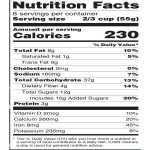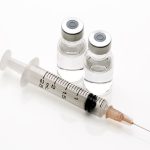
Losing weight is one thing, but keeping it off is another. Now, a new study suggests that exercising at the same time each day is key. The research, on 375 adults who maintained a weight loss of 30 or more pounds for at least a year, showed that consistent timing of exercise was linked with higher physical activity levels overall. The most common time to exercise? Early morning. “As long as you’re consistent, the time of day doesn’t seem to really matter. The best time to exercise is when you can exercise,” said study author Dale Bond. He’s a professor of psychiatry and human behavior at Brown University’s Alpert Medical School in Providence, R.I. “Our speculation … is that in order to maintain a large weight loss over a long period of time, behavioral consistence is key,” Bond added. “But in terms of higher physical activity levels, it might be that exercising at the same time each day fosters a habit. You don’t have to think about it — it’s like brushing your teeth. You just do it.” Nearly half of American adults surveyed between 2013 and 2016 said they’d tried to lose weight during the prior year, according to the U.S. National Center for Health Statistics. But 2010 research indicated that only about one in six Americans who has ever been overweight or obese… read on >





































-300x200.jpg)